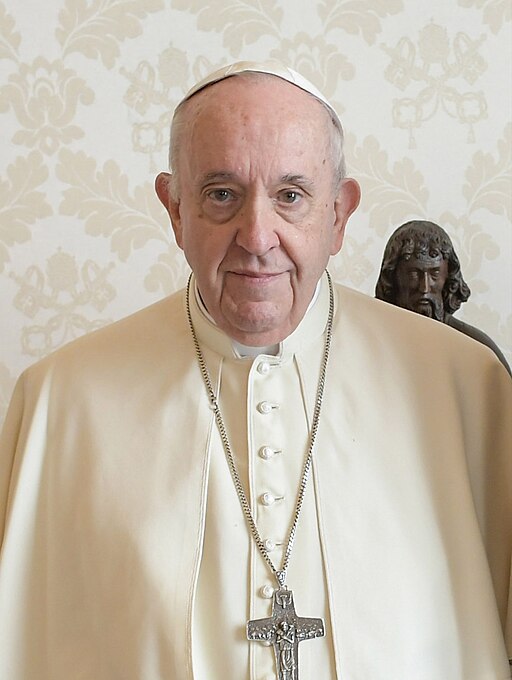The start of Thanksgiving marks the beginning of the holiday season for different holidays that are celebrated all around the world.
Min Yang, an associate professor in the Chinese Department, Chinese undergraduate advisor and faculty advisor for the Chinese Club, explained that one of the bigger holidays in Chinese culture is the Chinese New Year.
“The major one will be the Chinese New Year celebration. In the past, the Chinese club organized the event but in 2023, we are going to do things differently. Instead of celebrating alone, we are going to collaborate with other Asian clubs. We want to be all-inclusive with the event,” Yang said.
The Chinese New Year is calculated based on the lunisolar calendar and the solar Chinese calendar which has the Chinese New Year falling on Jan. 22, 2023. The animal for the 2023 year will be the rabbit according to the Chinese calendar.
“Chinese is different. We perceive the times differently, it’s not linear from one year to another continuously,” Yang said. “We name the 12 years based off 12 animals which are called the zodiacs. That 12 are rat, ox, tiger, rabbit, dragon, snake, horse, goat, monkey, rooster, dog and pig.”
According to a China Travel Guide, the rabbit represents the fourth in the 12-year cycle. The rabbit is known as a tame animal and usually represents hope and life.
At this time, Chinese families participate in customs and traditions that date back to 475 B.C.
In preparation for the day, every family cleans their homes in order to get rid of ill fortune and make room for incoming good luck.
“They decorate windows and doors with red paper-cuts and couplets; fortune, happiness, longevity and harmonies,” Yang said.
On the day of New Year, families travel to visit the homes of friends, neighbors and acquaintances to wish them good luck and a happy new year.
They light off fireworks and eat “jiaozi”, which are veggie dumplings and “niangao” which are year cakes to bring good luck and celebrate the upcoming year.
“The new year cake meaning is next year will be better than this year,” Yang said. “Dumplings’ meaning is the old year and the new year will encounter at that moment. In China at midnight, once it crosses 12 o’clock, people will light the fireworks and eat veggie dumplings,” Yang said.
From 420 AD to 589 AD, people started the tradition of using bamboo to begin the practice of firecrackers in the early morning of New Year’s Day in order to scare off evil spirits.
Chinese New Year surrounds folklore about a mythical beast who would take children at the start of the new year. One day an older man told the children to run and hide while he lit off firecrackers to scare the beast. This story is why the New Year is called “guardian” in Chinese culture, meaning “to survive the beast.”
There are three festivals following the Chinese New Year; Mid-Autumn Festival, Qingming Festival and Dragon Bowl Festival. All of these fall within the lunar calendar and are celebrated by eating specific foods and participating in rituals.



















